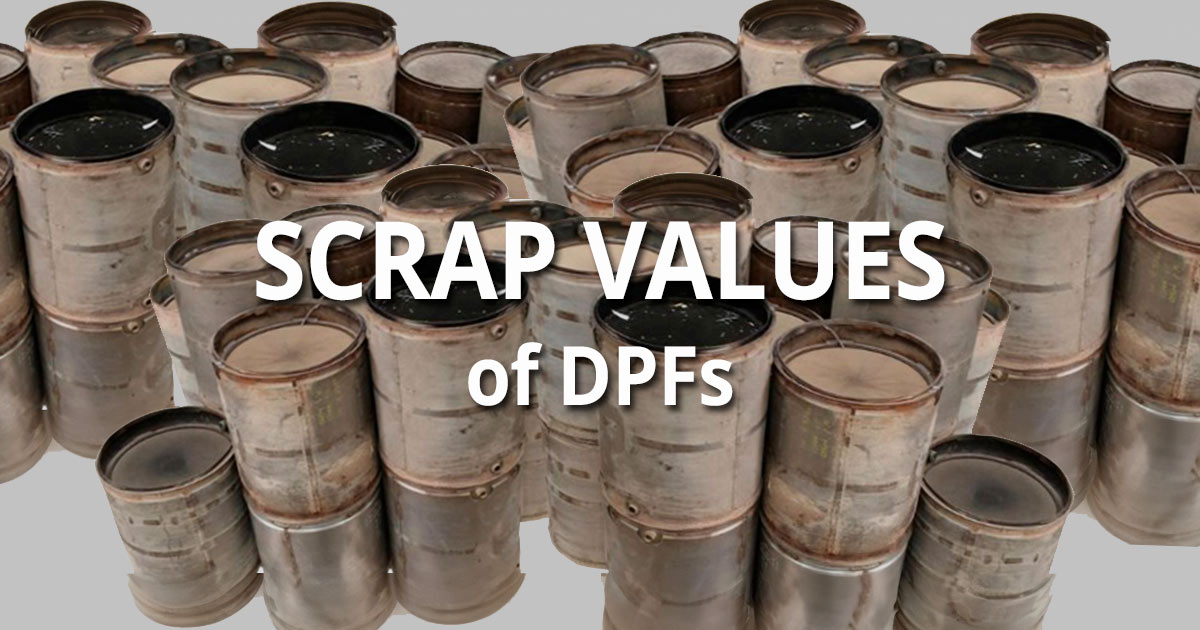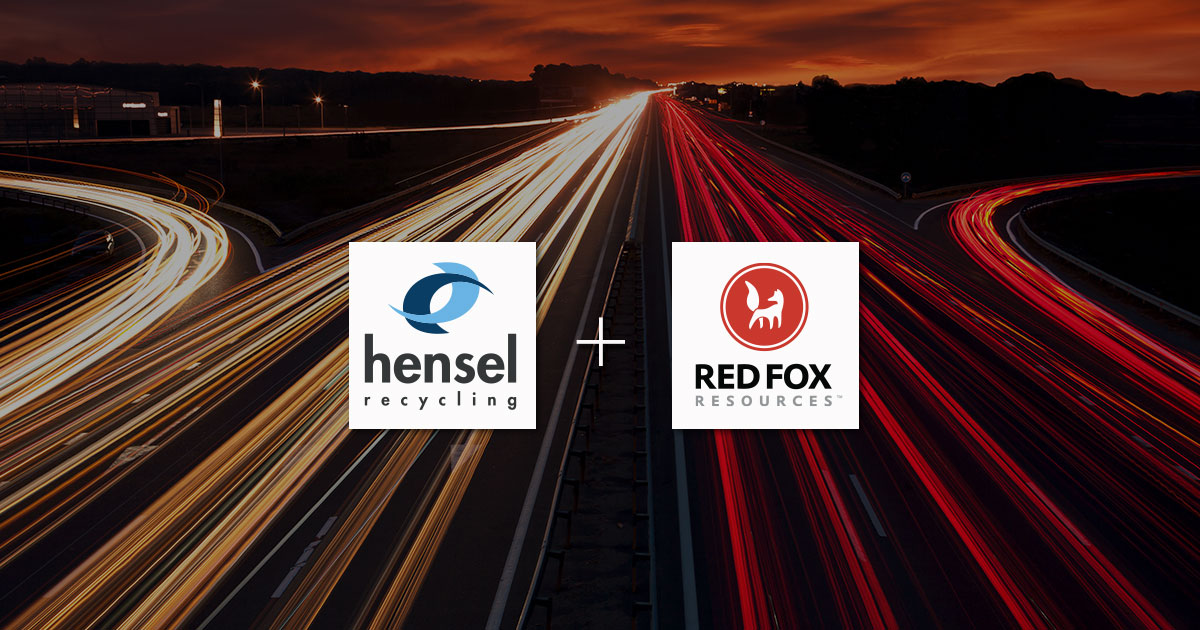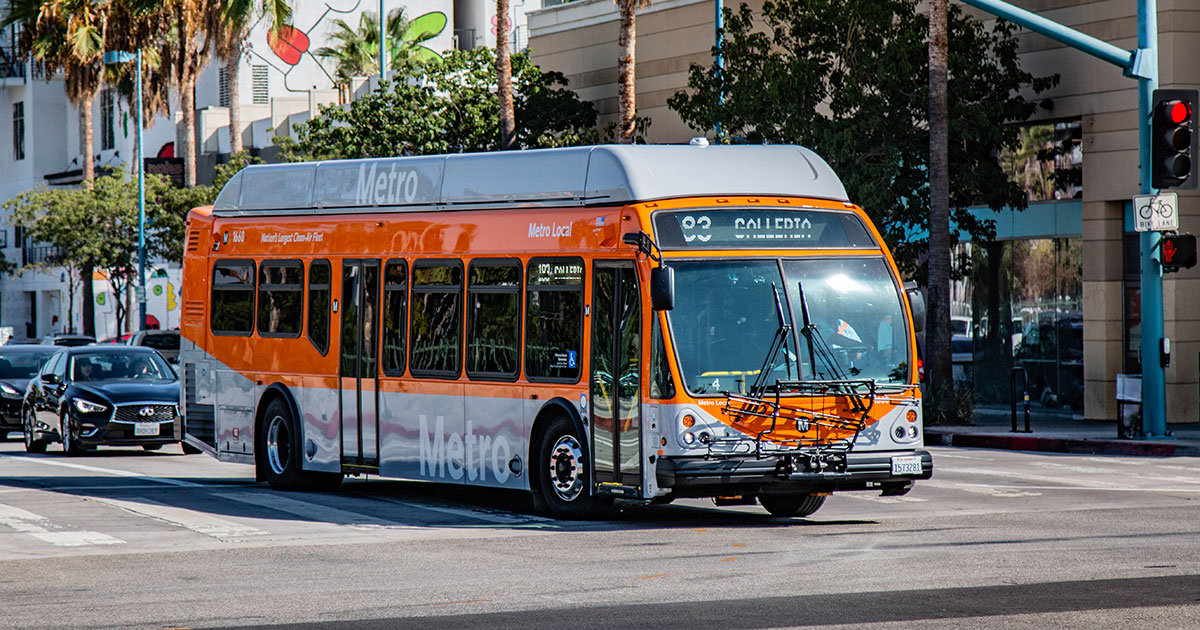As part of Red Fox Resources’ mission, we strive to provide informative resources for our customers and partners. To that end, we do our best to keep you informed as regulations are changed or newly adopted. The following updates are relevant to the California Air Resources Board (CARB) Periodic Smoke Inspection Program (PSIP) program, specifically new PSIP opacity limits.
New CARB PSIP Regulation
Previously, the PSIP regulation required that diesel truck and bus fleet owners conduct annual smoke opacity inspections of their vehicles and repair those with excessive smoke emissions to ensure compliance.
As of May 25, 2018, CARB adopted changes to the current PSIP that require California-based truck and bus fleets with two or more heavy-duty diesel vehicles to conduct annual smoke opacity self-inspections for all their vehicles. During these required inspections, a smoke opacity meter measures and documents the opacity readings for each vehicle in the fleet.
Before the May 25 meeting, fleets were required to test the smoke opacity levels of their trucks with a certified smoke opacity meter annually and make any repairs necessary if the vehicles were producing smoke that exceeded the opacity limits of 40% (for vehicles newer than the 1991 model year). As a result of the adopted changes at the May 25 CARB board meeting, the new smoke opacity limit for heavy-duty vehicles equipped with a diesel particulate filter is now 5%. With very few exceptions, almost all diesel vehicles compliant with CARB regulations are equipped with a DPF (diesel particulate filter).
As presented by Dr. Jason Hill-Frankenthal of the Mobile Source Control Division during the May 25 board hearing, “the current limits were established in the ‘90s and are too high to detect today’s malfunctioning emission control systems. Vehicles operating with a properly functioning DPF emit tailpipe emissions—opacity emissions at or near zero percent. Even vehicles with severely damaged DPFs have opacity levels well under the current 40 percent limit.”
In addition to the reduced opacity limits, the PSIP regulation will shift from record-keeping requirements, in which fleets currently have to maintain opacity test records for two years, to a self-reporting requirement, in which fleets will have to upload their annual opacity test results beginning in 2023. The CARB website has a copy of the staff presentation on the PSIP changes and the meeting transcript that can be downloaded.
Impact on California-based truck and bus fleets
- New 5% opacity limit: By reducing the opacity limits from 40% to 5% for vehicles operating with a diesel particulate filter, fleets are given another reason to ensure they have robust maintenance practices. While a malfunctioning DPF can negatively impact the performance of your truck/bus if cleaning and maintenance intervals are inadequate, a vehicle can continue operation with a broken or compromised DPF. The reduced opacity limits will ensure all vehicles are operating with a properly functioning DPF. In other words, the new 5% limit should prevent vehicles from meeting opacity limits with a damaged or malfunctioning DPF.
- Increased rate of DPF replacement: Ratcheting down the opacity limits will undoubtedly lead to more DPF replacements. DPFs that could pass the 40% limit with cracks, leaks, or holes will no longer pass opacity tests and will need replacement. In California, there are currently no aftermarket or remanufactured DPFs available for legal installation, so fleets that have DPFs that exceed the 5% limit will be forced into buying new DPFs to remain in compliance.
DPF Disposal: CARB is recommending DPF recycling, NOT disposal
During the May 25 board meeting, CARB Chairwoman Mary Nichols acknowledged that the new regulation would lead to more DPF replacements and that fleets and shops should implement programs to ensure these parts get recycled. Regarding the increased number of DPF replacements, Chair Nichols said, “These things (DPFs) certainly shouldn’t be thrown away, no matter what. There’s going to be recoverable material.”
“These things (DPFs) certainly shouldn’t be thrown away, no matter what. There’s going to be recoverable material.”– Mary Nichols, CARB Chairwoman
Frequently Asked Questions | How It Works | Get A Quote
For more information, please contact Tripp Heller at 1-844-733-3695 or email at Tr**********@*************es.com.




